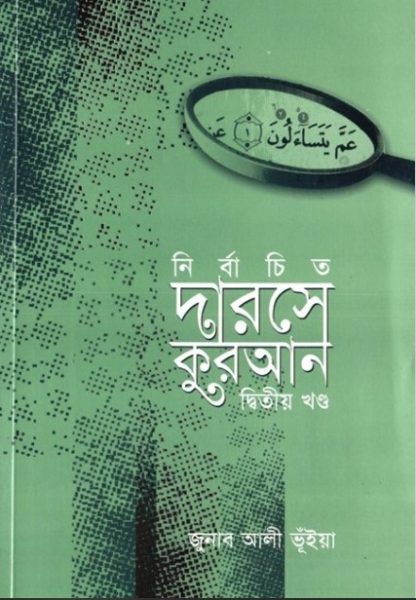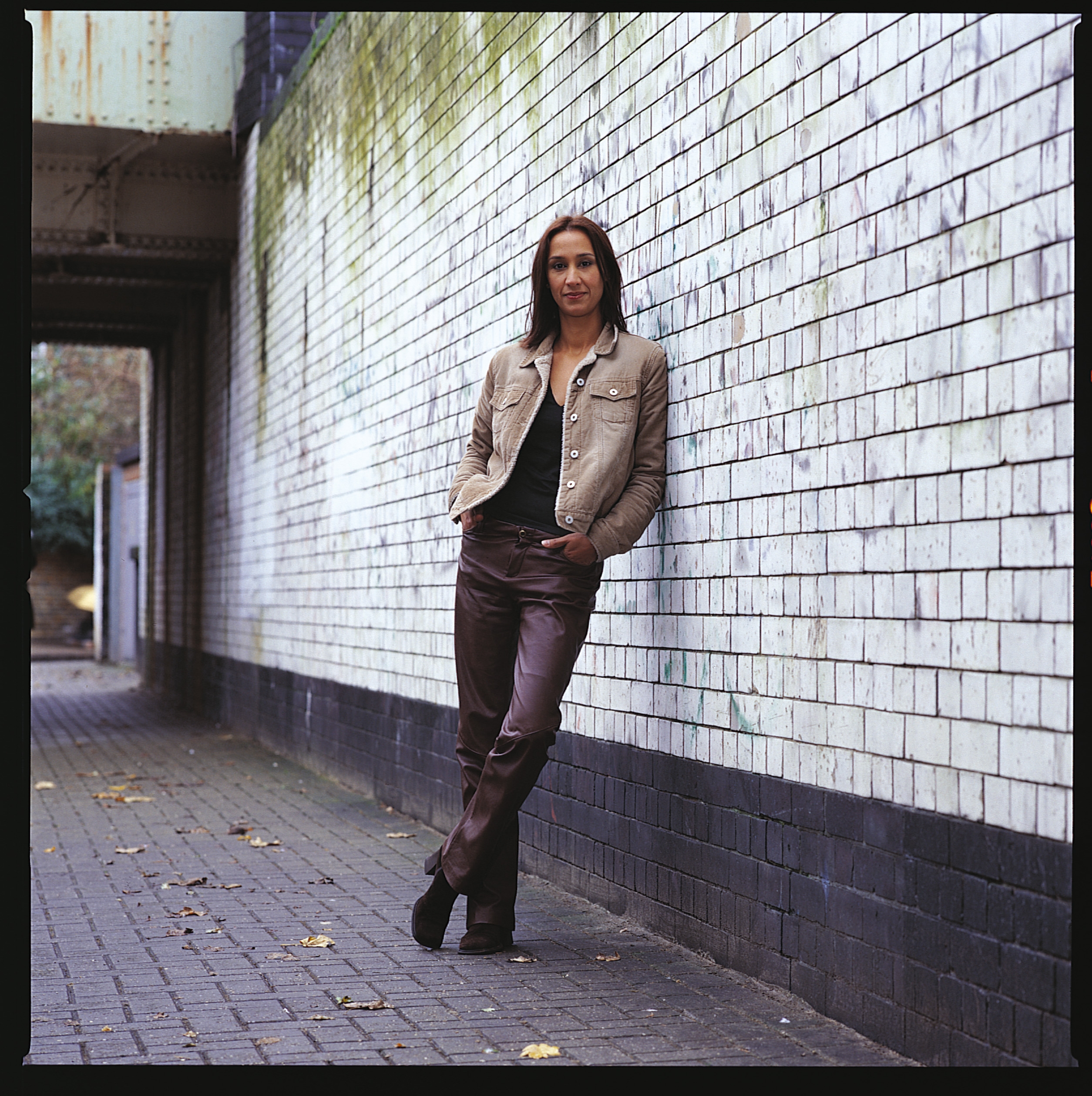

In a word, it was.Īli captures a birds-eye view of all the awkwardness and humor to be found in the overlap.

With all the buzz coming from the industry, readers and reviewers wondered if the book was worth it. Within a week, she was offered a publishing deal. Looking for some constructive criticism, she showed the first few chapters to a friend in publishing. She began writing Brick Lane after the death of her grandfather. When her second child arrived, writing became a retreat from the hectic day of motherhood, even if it was just an hour or two alone with her computer. At home with her first toddler, she began writing short stories and submitting them to online critique groups, not so much for the critiques but for the pressure to write. The book that caused such a fuss? Brick Lane, Ali's debut novel.Īli worked in publishing and design before having children. The exclusive Granta names the best young British authors once a decade, and they included Ali on their list after only reading her manuscript. On the basis of a few chapters, she was offered a generous two-book publishing deal.

She lives in London with her husband and two young children, and has been named by Granta as one of the twenty best young British novelists.īefore her first book was even released, Monica Ali was the talk of the town. Monica Ali was born in Dhaka, Bangladesh, and grew up in England. Education-B.A., Oxford University, England.Shaped, yet not bound, by their landscapes and memories, both sisters struggle to dream-and live-beyond the rules prescribed for them. Woven through the novel, Hasina's letters from Dhaka recount a world of overwhelming adversity. While Nazneen journeys along her path of self-realization, her sister, Hasina, rushes headlong at her life, first making a "love marriage," then fleeing her violent husband. She discovers both the complexity that comes with free choice and the depth of her attachment to her husband, her daughters, and her new world.

Motherhood is a catalyst-Nazneen's daughters chafe against their father's traditions and pride-and to her own amazement, Nazneen falls in love with a young man in the community. But gradually she is transformed by her experience, and begins to question whether fate controls her or whether she has a hand in her own destiny. Nazneen moves to London and, for years, keeps house, cares for her husband, and bears children, just as a girl from the village is supposed to do. Nazneen's inauspicious entry into the world, an apparent stillbirth on the hard mud floor of a village hut, imbues in her a sense of fatalism that she carries across continents when she is married off to Chanu, a man old enough to be her father. And since nothing could be changed, everything had to be borne.


 0 kommentar(er)
0 kommentar(er)
